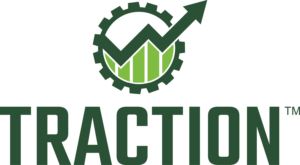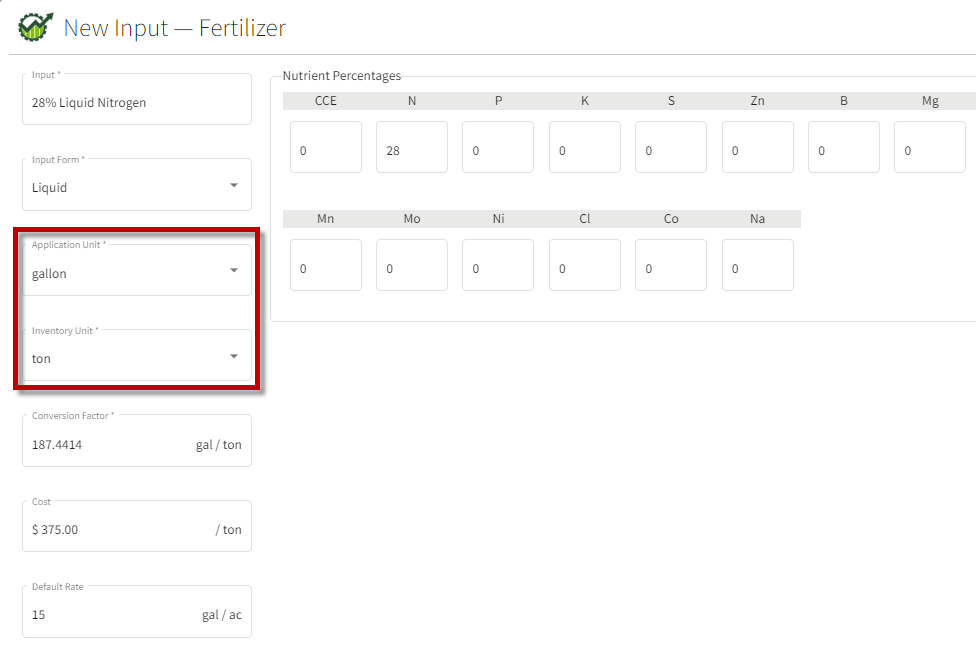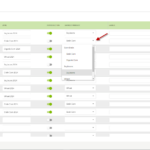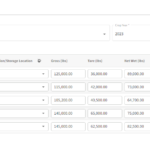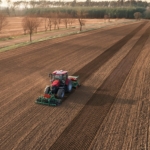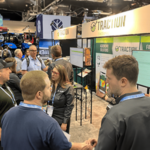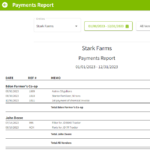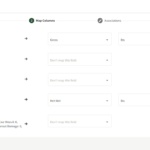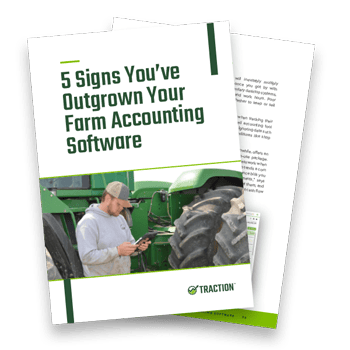
Ian Harley, CEO of Traction Ag
Over the last few decades, farm production has seen a major shift from many smaller operations to fewer, but much larger, farms. In the United States in 2021, farms with a gross cash farm income (GCFI) of over $1,000,000 made up only 3.2% of farms, but accounted for about 47% of total production, according to USDA data. This consolidation means there is significantly more production to manage on individual farms, and that management has grown more complex.
Since farmers look for the value in all that they do, it is time for them to take a closer look at the value proposition of implementing data-driven technology into managing their farm operations. Most large-scale farms (over 5000 acres) collect yield data, according to Purdue University research, and 63% of those farms use farm data software. However, data collection without further examination is just numbers. The value of data lies in analysis, which leads to a deeper, more nuanced understanding of every facet of the farming process, from planting the seed to harvesting the crop.
Farm management software that generates data is ushering in a new era of farming that enhances everything from profitability to productivity to planning for the future. The most successful farms will proactively investigate and deploy that data to improve their operation.
Efficiency and profitability
Farms are full of data. Weather info, field stats, seed yield — the growing number of data points add to the complexity of managing the modern farm operation. Farm management software ingests that data and simplifies it into insights that farmers can use to improve their farm’s efficiency — and, ultimately, profitability. For example, through data, a farmer can monitor actual versus budgeted costs at the field, crop and enterprise levels and allocate funds more efficiently. They can then leverage this knowledge with stakeholders in future negotiations.
Data can also improve a farm’s fleet management, where small inefficiencies like slightly deflated tires and overfilled gas tanks can significantly increase a farm’s overall operating costs over time. When farmers can see which machinery is most active, they can cut costs by maintaining the machinery most useful for current operations. Additionally, farmers can use GPS technologies to track their equipment in the field and analyze that information to set the most efficient routes, saving on fuel costs.
Another major selling point of today’s data technology is accessibility. Data can be stored in the cloud and accessed through programs and applications on any connected device, whether it be a tablet, computer or smartphone. On-demand access to key information offers greater efficiency: If a farmer is in the field and needs to reference data, they can access it right then and there. Gone are the days of numbers on a yellow notepad that someone can forget back at the main office.
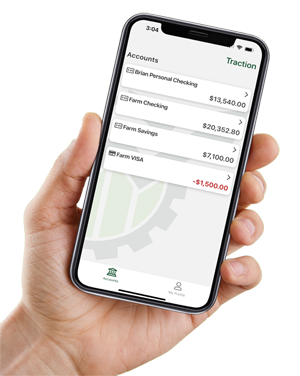
Productivity and decision-making
Farmers face a lot of decisions every day, many of which involve significant time spent on managerial and administrative duties. Data analysis can help make those decisions more effectively and increase productivity. For example, farm management software that automates managerial processes like payroll frees farmers to return to hands-on fieldwork or spend more time on strategic decisions around labor management.
Having data also means easier management of the supply and crop inventory through real-time analysis. Farmers no longer rely on just historical data; they can produce an up-to-the-minute view of a wealth of information to make critical operational decisions. Take seeding rates as an example: 81% of surveyed farmers said their seeding rate decisions were influenced by collected data, according to Purdue University research. Most surveyed farmers also reported positive yield impact based on their data-driven decisions.
Consolidating data into one platform creates a more streamlined process for using that data in farm operations. Farmers can share their data quickly and easily with stakeholders, which leads to more informed collaboration. When everyone has the data to analyze, making decisions should become easier for everyone.
Farming for the future
Farmers need data to improve management practices and prepare their farms for future generations, especially since the vast majority of farms are family-run. Family farms made up 98% of all farms in 2021, according to USDA research. And as the demographic is trending younger on these family farms, the demand for data-driven technology will only grow.
There’s catch-up work to be done, as older farmers are less likely to collect data than younger ones. According to Purdue University research, 94% of farmers aged 36 and under collect yield monitor data from their operations, compared to 80% of farmers over 65. Farmers over 65 currently account for a much larger share of current farmers, but as they near retirement, the next generation will begin moving in and assuming more farm operations.
These younger farmers are digital natives who can use technology to their advantage, and the smartest older farmers will begin to lay the technological groundwork for their tech-savvy descendants. In doing so, farmers can provide future generations with historical data by the time they’re running the farm. Historical data helps farmers plan their work more accurately by analyzing yield results, weather patterns, financial information and other factors that affect operations. The more data a farmer has to analyze, the more informed their decisions about the farm will be.
The work of farming has grown more complex and is generating more and more data. Establishing a good relationship with that data makes everything easier, from monitoring productivity and driving efficiency to making more informed decisions and increasing profitability. Farmers who analyze and use their data effectively can realize significant gains and reduce their time spent on administrative work — all while supporting their families and communities.

-

Ian Harley
Ian has more than 25 years of experience in sales and management of AgTech companies, delivering accounting, operations and agronomy software. Prior to Traction Ag, Ian held roles at Granular, Trimble and Farm Works Software.

